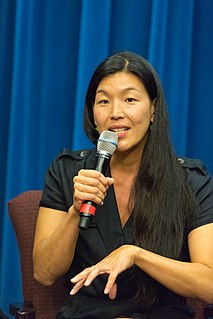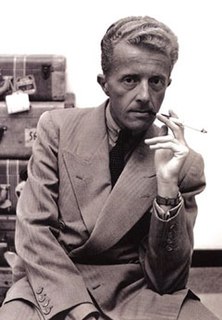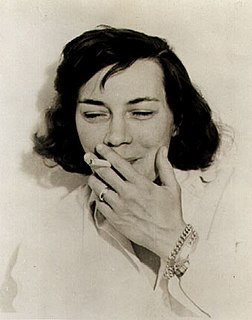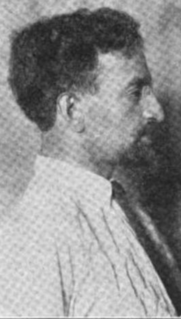A Quote by Italo Calvino
Arriving at each new city, the traveler finds again a past of his that he did not know he had: the foreignness of what you no longer are or no longer possess lies in wait for you in foreign, unpossessed places.
Related Quotes
what he sought was always something lying ahead, and even if it was a matter of the past it was a past that changed gradually as he advanced on his journey, because the traveller's past changes according to the route he has followed: not the immediate past, that is, to which each day that goes by adds a day, but the more remote past. Arriving at each new city, the traveller finds again a past of his that he did not know he had: the foreignness of what you no longer are or no longer possess lies in wait for you in foreign, unpossessed places.
I wish neither to possess nor to be possessed. I no longer covet 'paradise'. More important, I no longer fear 'hell'. The medicine for my suffering I had within me from the very beginning but I did not take it. My ailment came from within myself, but I did not observe it, until this moment. Now I see that I will never find the light unless, like the candle, I am my own fuel, consuming myself.
Don´t be unnecessarily burdened by the past. Go on closing the chapters that you have read; there is no need to go back again and again. And never judge anything of the past from the new perspective that is arriving, because the new is new, incomparably new and the old was right in its own context, and the new is right in its own context.
It's time to make America safe again. It's time to make America one again. I know it can be done because I did it by changing New York City from 'the crime capital of America' to - according to the FBI - the safest large city in America. What I did for New York City, Donald Trump will do for America.
I didn't mind writing incoherently, up until about 1980, occasionally. But after that, I decided, might as well be articulate. And I found, though, that writing poetry affected my prose to the point where I never again wrote in one draft, and my prose just took longer and longer and longer. It took longer and longer to come up with an acceptable text. And that's probably one of the reasons that my output has slowed down.
They were not friends. They didn't know each other. It struck Tom like a horrible truth, true for all time, true for the people he had known in the past and for those he would know in the future: each had stood and would stand before him, and he would know time and time again that he would never know them, and the worst was that there would always be the illusion, for a time, that he did know them, and that he and they were completely in harmony and alike. For an instant the wordless shock of his realization seemed more than he could bear.
The little individualist, recognizing his individual impotence, realizing that he did not possess within himself even the basis of a moral judgement against his big brother, began to change his point of view. He no longer hoped to right all things by his individual efforts. He turned to the law, to the government, to the state.
There are, it seems, two muses: The Muse of Inspiration, who gives us inarticulate visions and desires, and the Muse of Realization, who returns again and again to say, 'It is yet more difficult than you thought.' It may be that when we no longer know what to do, we have come to our real work and when we no longer know which way to go, we have begun our real journey.
































